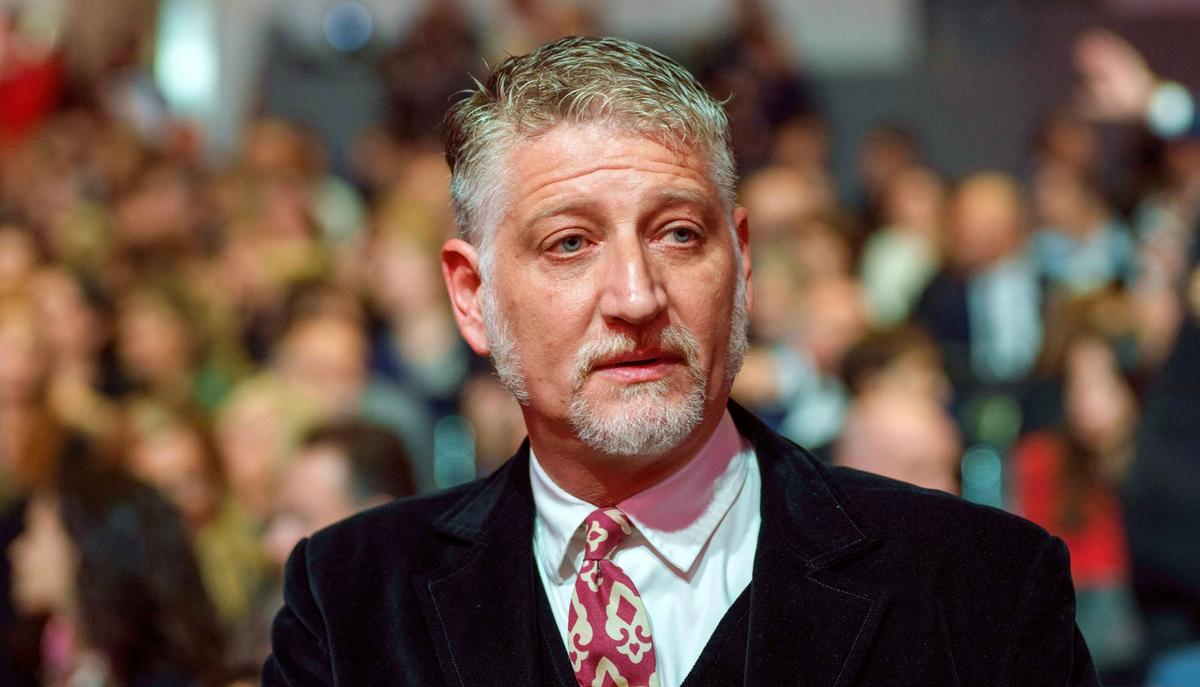Italy’s culture minister, Alessandro Giuli, has called for a prominent historian and political commentator to resign from a council role after he publicly criticised the government’s cultural policies, sparking a heated debate about press freedom and political interference.
In an opinion piece published on 11 July in Corriere della Sera, Ernesto Galli della Loggia, a prominent writer and emeritus professor of contemporary history at the Italian Institute of Human Sciences in Florence, accused the government of lacking a coherent cultural policy and instead focusing on consolidating power through appointments.
Without naming Giuli directly, he cited RAI—the public broadcaster, where a string of political appointments under prime minister Giorgia Meloni’s government has prompted high-profile resignations—as an example. “Never before has RAI appeared to be a barren desert of ideas, something that has nothing to do with culture, except for a few ultra-niche programmes,” he wrote.
Giuli responded three days later in a Facebook post in which he accused Corriere of “censorship” after it allegedly chose not to publish an interview with him. He also posted what he claimed was the full text.
In the unpublished interview, Giuli attacked Galli della Loggia, noting that he had been appointed by the culture ministry last year to the Council of National Committees—a body tasked with promoting cultural initiatives—and accused him of failing to approve key events, such as the 650th anniversary of writer Giovanni Boccaccio’s death. The minister appeared to describe him as a “timewaster” and called for his resignation from the post.
Corriere published a strongly worded statement in response, suggesting it had not published Giuli's interview because it had been filled with “falsities and insults”. The paper said it had offered the minister the opportunity to respond with a bylined article, which he declined. “If you criticise me you must be thrown out—this is the only contribution to the debate Giuli has made,” the editorial read.
In an interview with The Art Newspaper, Della Loggia stressed that his position on the council was unpaid and had required only a few mornings of work. He said that the committee's reasons for approving or declining cultural initiatives had all been duly recorded in official minutes, adding that he had no intention of stepping down before the end of his three-year term.
A range of responses
The row has drawn reactions across the political spectrum. Alessandro Amorese, an MP for Meloni's Brothers of Italy, called Corriere’s refusal to publish the interview “a missed opportunity for debate”. Matteo Renzi, leader of the centrist Italia Viva party, accused Giuli of arrogance, saying: “We are in the presence of a minister who is full of himself".
Fabio Vittorini, a media professor at IULM University in Milan, told The Art Newspaper that Della Loggia was right to suggest RAI’s programming had declined under Meloni. He added that the leader’s focus had shifted elsewhere. “The Italian right has concentrated its cultural battle online—that’s where nationalists and populists everywhere now fight,” he said.
In a further development, former Corriere journalist Pierluigi Battista resigned from the scientific committee of the Centre for Books and Reading—a culture ministry body promoting literacy—less than a month after his appointment. “I would rather be free to criticise than imprisoned by a public appointment that can be used against me,” he wrote.
In what appeared to be an olive branch, on 16 July the culture ministry publicly congratulated Galli della Loggia for winning the Viareggio Rèpaci literary prize. The historian said he had written to thank the minister.
Neither Corriere della Sera nor the culture ministry responded to requests for comment.


